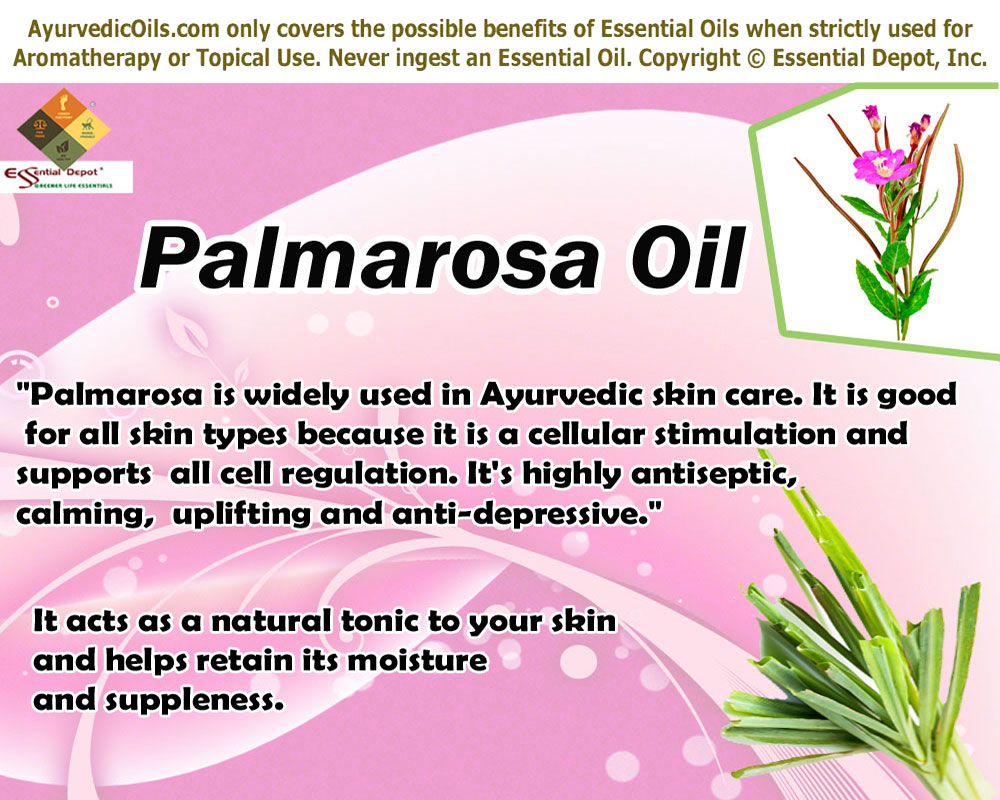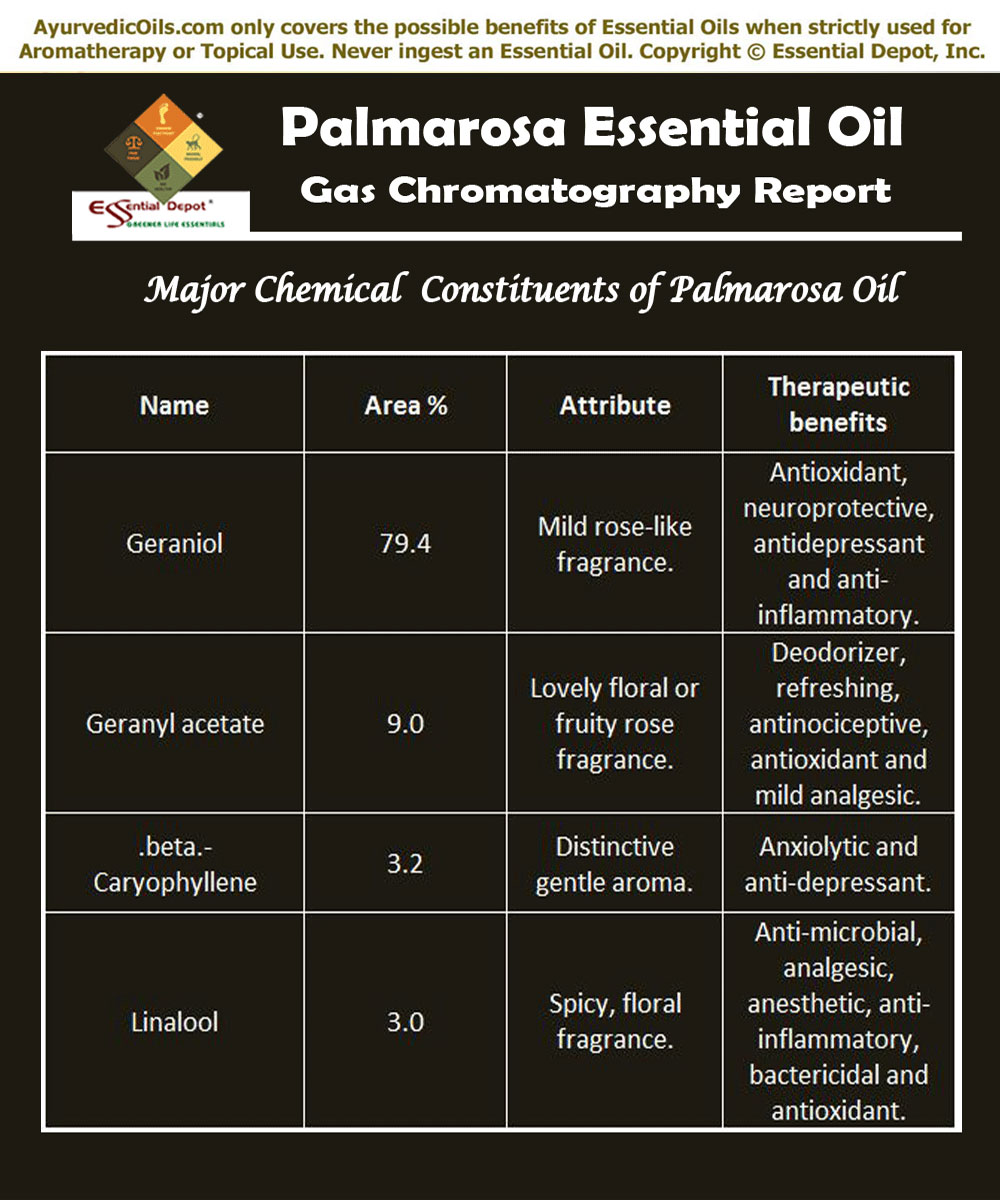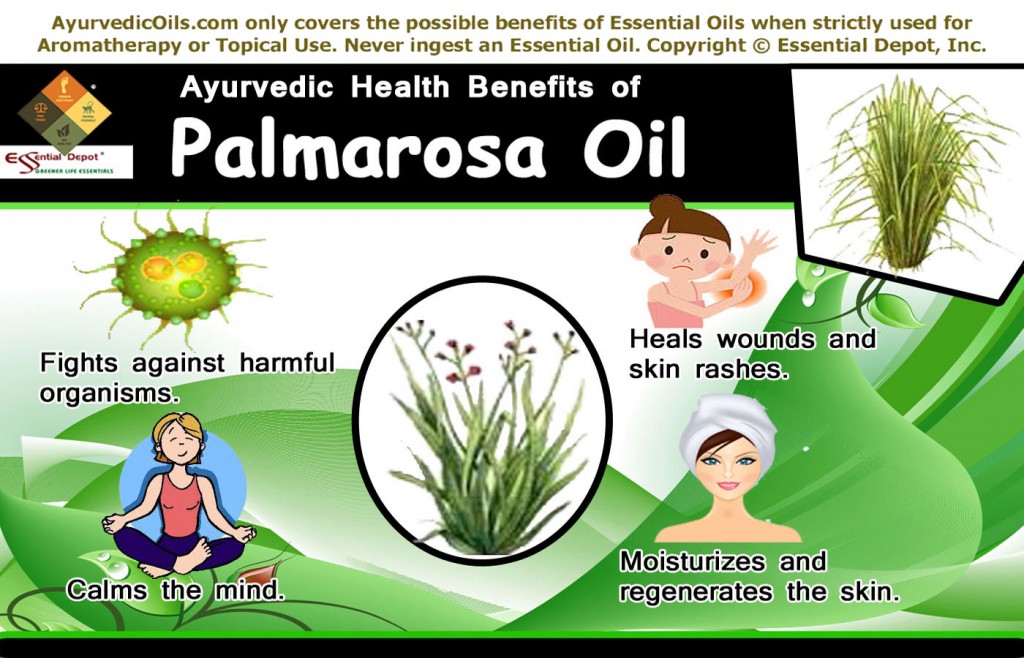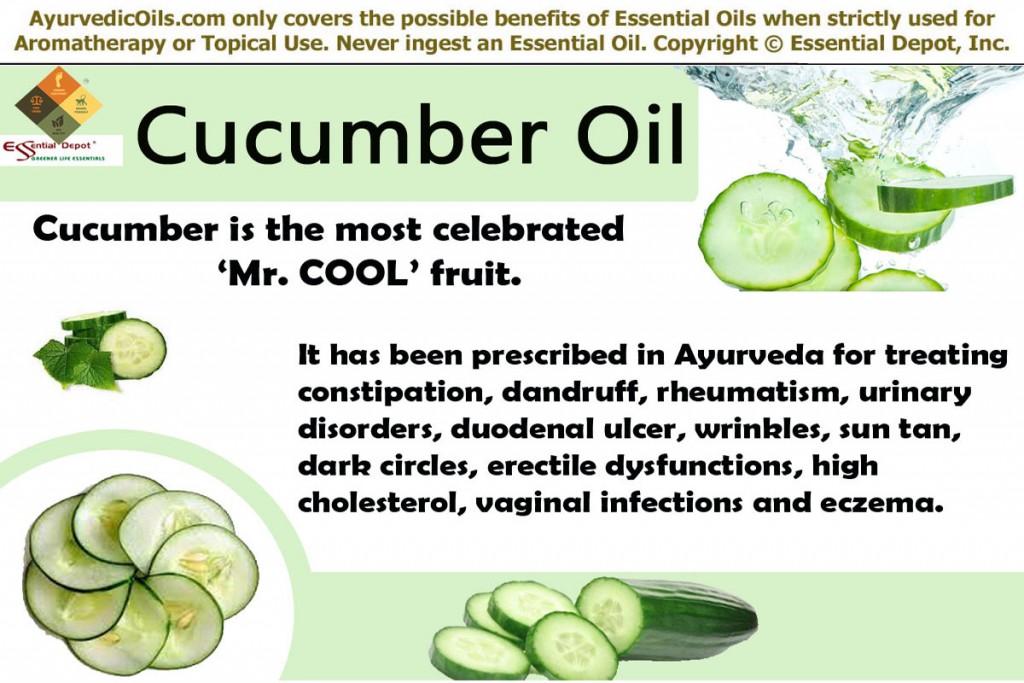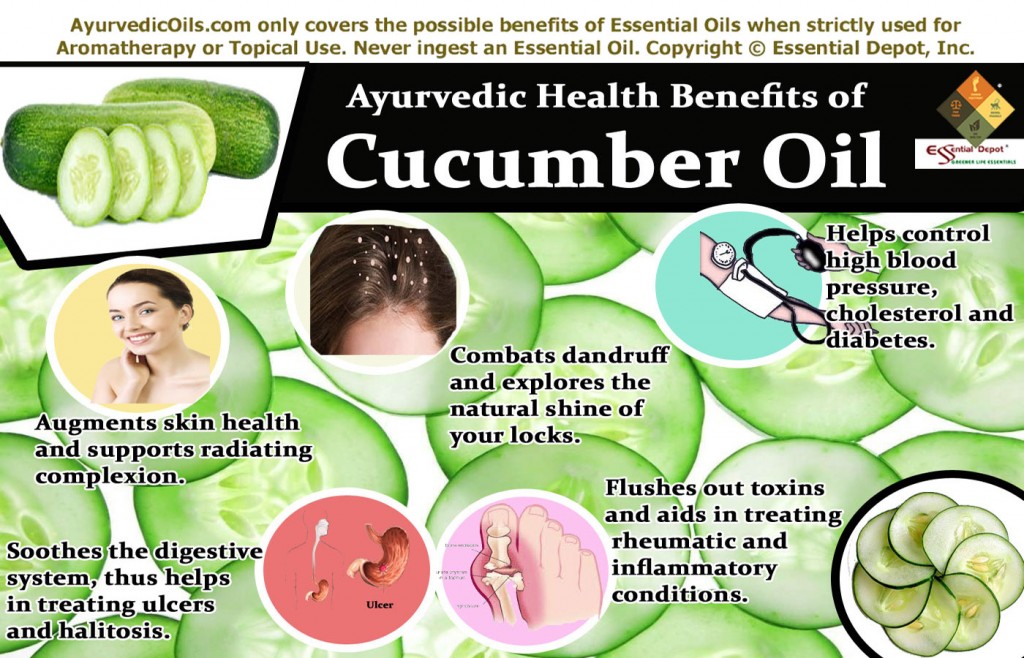Neroli, the less known secret behind the unsurpassed creativity and the magnanimous works of the legendary archetype of the Renaissance Man, Leonardo Da Vinci who loved to be in the midst of perfumes and aromatic oils always.
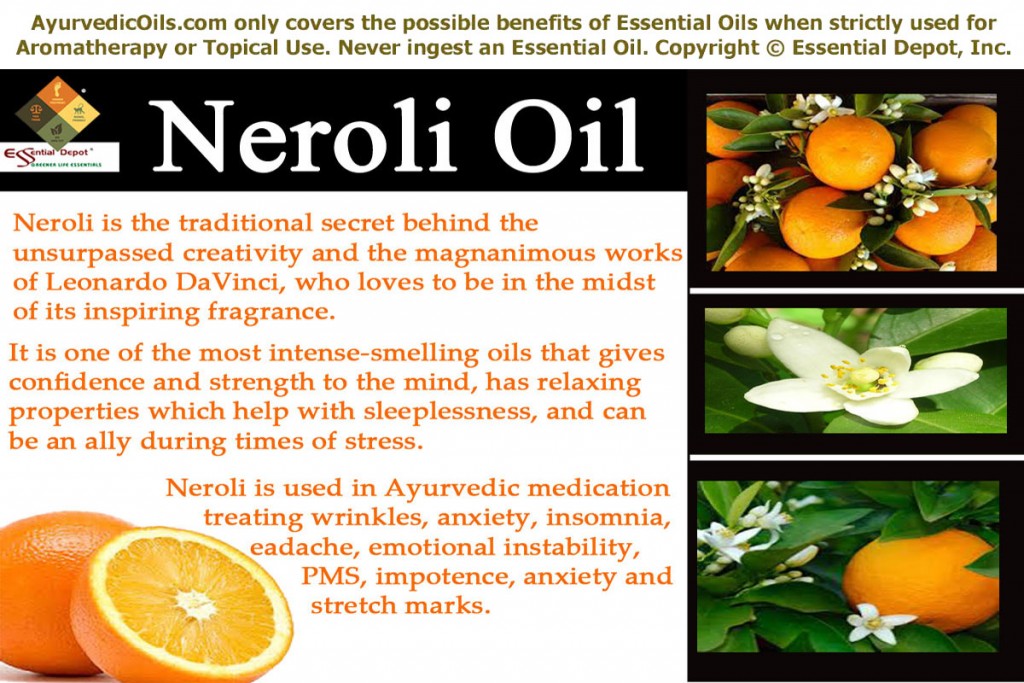 Neroli essential oil was his all-time favorite and he used it to instigate his intellect and contemplation while creating celebrated piece of artworks. Neroli oil also known as ‘Orange Blossoms’ is the prized ingredient of the classic Eau-de-Cologne since the 17th century. The essential oil is extracted from the flowers of the Bitter Orange tree, Citrus aurantium through steam distillation method.
Neroli essential oil was his all-time favorite and he used it to instigate his intellect and contemplation while creating celebrated piece of artworks. Neroli oil also known as ‘Orange Blossoms’ is the prized ingredient of the classic Eau-de-Cologne since the 17th century. The essential oil is extracted from the flowers of the Bitter Orange tree, Citrus aurantium through steam distillation method.
Neroli has been used in Ayurveda for thousands of years and it is said that the name ‘Neroli’ is extracted from the Sanskrit word ‘Nagaranj’. Bryan and Light Miller in their book ‘Ayurveda and Aromatherapy’ quote Neroli as “one of the most intense-smelling oils.
It gives confidence and strength to the mind, has relaxing properties which help with sleeplessness, and can be an ally during times of stress.” Ayurvedic uses of Neroli are for treating aging skin, anxiety, insomnia, headache, emotional instability, PMS and for certain other health disorders.
Purchase Neroli Essential Oil – 5% Dilution in Pure Jojoba – CLICK HERE
Historical importance of Neroli:
History lists a number of myths about the origin of its name. There are line of differences between the east and west on this commendation. Indigenous to the Far East, few say that the name ‘Neroli’ is derived from Anne-Marie of Nerola, the Italian princess during the 16th century.
She used Neroli perfume everyday and set an example for other noble women to follow the same tradition. Certain other sources say that Neroli was named after Nero, the Roman Emperor while some say it was derived from the name of ‘The Duchess of Tremoille’, the 17th Duchess also known as ‘la Nerola’.
Neroli and its essential oil were highly regarded as a symbol of virginity and sexual purity. Neroli was worn by the bride to assert her virginity and it was also a part of the bride’s bouquet to signify happiness, good luck, fertility and prosperity to the newly-married couple. As an aphrodisiac, Neroli was also spread on the bed of the newly-wedded couples to enhance their intimacy and calm their nervous apprehension.
Known as the ‘queenly elixir’, the essential oil of Neroli was held high by the primeval Egyptians for its power to cure the mind, spirit and the body and for its blissful properties. Neroli was also used in bathing water to soothe the nerves, calm the mind, relax the muscles and instill positive feelings.
The Yogic tradition of India trusted Neroli for its relaxing, tranquilizing and sleep inducing properties. The Traditional Chinese Medicine use Neroli to organize chi (aura or the life force).
Chemical constituents and therapeutic properties of Neroli essential oil:
The remedial properties of Neroli oil are aphrodisiac, carminative, antidepressant, emollient, cicatrisant, disinfectant, antiseptic, deodorant, tonic, cytophylactic, anti-infectious, cordial, sedative, bactericidal, antispasmodic and digestive.
The chemical constituents that contribute to these therapeutic values are nerol, a-pinene, a-terpinene, farnesol, nerolidol, geraniol, b-pinene, neryl acetate, camphene, linalyl acetate, methyl anthranilate, indole and linalool.
Ayurvedic health benefits of Neroli essential oil:
Ayurvedic healing have a high regard for Neroli because of its cheering, encouraging, soothing, strengthening and invigorating properties that can benefit anyone who wears its exceptional fragrance.
Ayurveda being the oldest of all remedial systems in the world has been much-admired and accepted all over the universe for its immaculate wisdom and the sense of personal care and touch it renders without fail.
Ayurvedic philosophy believes that every human being is unique with specific physical, emotional, spiritual, mental and environmental attributes. Similarly the treatment for each one of them should also be unique based on their individual constitution, which is nothing but the combination of bio-energies or energy elements known as doshas.
The predominant Ayurvedic body types or doshas are vata, pitta and kapha. Food, lifestyle changes and numerous other factors have an impact on our health and it is for this reason Ayurveda suggests Ayurvedic routine, healthy and balanced diet, essential oils, herbs, physical exercises, meditation, yoga and Ayurvedic massage techniques based upon on your doshas and treat imbalances systematically.
Neroli oil aids in lessening increased vata and pitta and in increasing kapha deficit.
Let’s have a look at the Ayurvedic health benefits of Neroli essential oil.
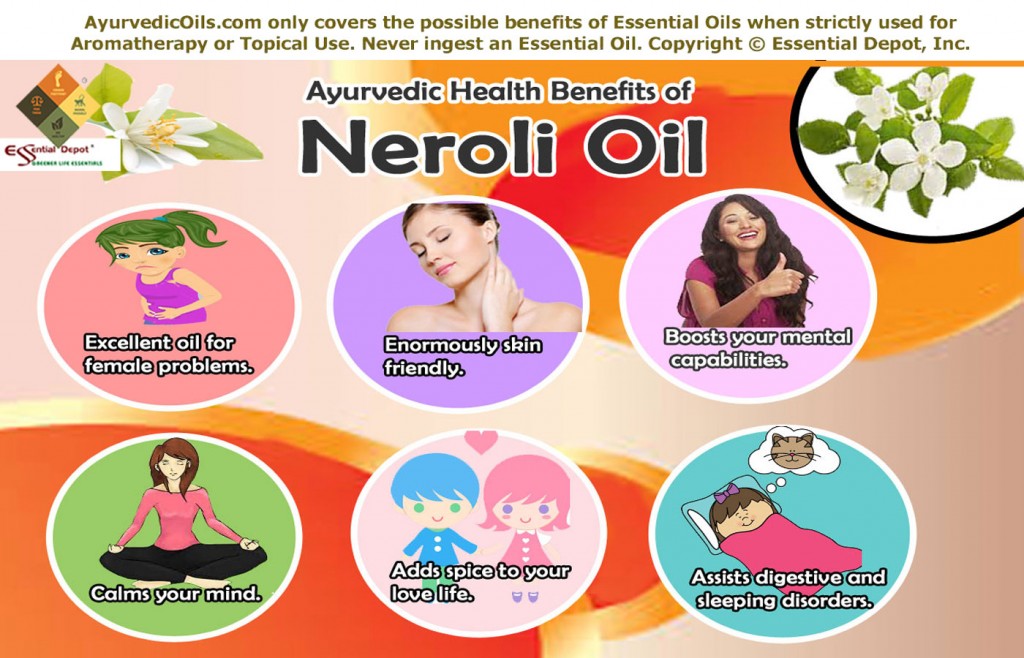 1. Excellent oil for female problems:
1. Excellent oil for female problems:
Neroli oil is said to “have a special affinity for the female immune system, and is part of all our female immune regulatory formulas” says Light Miller in her book ‘Ayurveda and Aromatherapy’. She also states that Neroli essential oil aids women in every stages of transition including menstruation, menopause, irritation, anxiety, depressive thoughts, negative feelings and heart health.
Neroli essential oil is known as women’s best pal throughout her life especially in every maturing year by assisting menopausal problems, fighting against wrinkles and supporting the generation of new skin cells. It acts as maturing woman’s best friend by combating wrinkles and improving the skin texture with aging and acts as a promising anti-aging agent.
Blending 2 drops of Neroli oil with coconut oil or jojoba oil can aid you as a great massage blend followed by a warm bath enriched with 3 to 4 drops of Neroli oil can relax your system, reduce pain, promote good sleep and lessen stress and depression especially during menstrual discomforts and menopausal symptoms.
You can also add 2 drops of this oil to your diffuser or wear it on your wrist to keep you calm throughout the day. Mixing 2 drops of Neroli oil in your mild skin care cream or lotion aids in combating the effects of aging on your skin.
2. Enormously skin-friendly:
Neroli is indeed a great oil for managing your skin problems effectively. It guards your skin from harmful bacterial infections causing acne and other skin problems with its antiseptic and disinfectant properties. Applying 2 drops of Neroli oil mixed with coconut oil can help in fighting against bacteria and other harmful organisms while protecting wounds and other skin conditions from infections and tetanus.
Neroli essential oil has cytophylactic effects that supports in maintaining the health of existing skin cells and promoting the formation of new cells. This aids in augmenting the elasticity of skin, making it supple, reducing wrinkles and treating varicose veins. Being a cicatrisant, Neroli oil helps in fading away scars, stretch marks and other marks let by acne, pox, accidents and wounds.
Use 2 drops of Neroli oil in vaporizer aids you in clearing the clogged pores and purify the skin surface. Adding 2 to 3 drops of this oil to your regular skin care cream or lotion aids in treating wrinkles, scars, control excess oil in the skin, retain its natural moisture, clear blemishes, curtail enlarged pores and leave it glow naturally just like the ‘Orange blossoms’.
3. Boosts your mental capabilities:
Neroli has been behind the glorious works of the great icon of art, Leonardo Da Vinci. He trusted that the enlivening fragrance of this oil augmented his concentration, granted calmness to the mind and paved way for deepening his creative powers.
It is said that the refreshing and intense aroma of this oil improves your memory, enhance your mental power, helps in self-purification, filters negative feelings and support you in bringing out your fullest potential in studies and at work. Charge your mind by adding 2 drops of Neroli oil in your room freshener and start exploring your excellence right away!
4. Calms your mind:
The enriching, energizing, encouraging and stimulating smell of Neroli essential oil drives away depression, inculcates positive thoughts, boosts your confidence and energy level and has a direct impact on your mood and behavioral patterns. One of the studies by the Brown University on the physiological effects of aromatherapy oils like Neroli proved that such aroma persuade temper and actions.
A study by the Stem Cell Medical Research Center and Department of Applied Cosmetology of Hung Kuang University, Taiwan on ‘Inhalation of Neroli essential oil and its anxiolytic effects in animals’ proved that the inhalation of essential oils like Neroli and Lavender can activate the limbic system of the brain granting the corresponding beneficial effects. This study also concluded that inhaling Neroli oil exhibited effectiveness and improvements in the potential treatment of anxiety.
Using Neroli for depression and distress is a traditional method for staying calm and collected. You can involve in self-massaging with 4 drops of Neroli added to one cup of almond oil or add it to warm bath or to your diffuser for recovering your mind from hopelessness, uplifting your mood and enjoying the feeling of warmth and relief naturally.
5. Adds spice to your love life:
Orange blossoms and its essential oil are celebrated for years together for its natural aphrodisiac and arousal properties. The profound and long-lasting aroma of Neroli acts as a tonic for the nervous system, reproductive system and the cardiac system.
This aids in paving way for intimacy and a quixotic time together for the couples even in their late 30s or 40s when loss of sexual interest can ruin one’s sex life. Using 2 drops of Neroli oil in the room freshener or in the bath tub or in massaging with jojoba oil aids in augmenting your sexual interest, improve libido in both men and women, treat erectile dysfunctions, impotence and frigidity.
6. Assists digestive and sleeping disorders:
Neroli essential oil is claimed as one of the best massaging essential oils for treating numerous health disorders like insomnia and depression. Massaging with 3 drops of Neroli oil and 2 drops of Lavender oil blended with wheat germ oil can assist in relieving anxiety and tension, generate a soothing effect on the nervous system and enhance blood circulation. All these actions will help in promoting a peaceful sleep without any kind of mental disturbances.
Neroli oil has been used in the traditional and folklore medicine as a natural aid for gastrointestinal problems. It is still used in Chinese medicine in the treatment of anorexia and vomiting.
With its carminative and digestive properties, this oil assists in expelling unwanted gas in the intestine and stomach, increasing the appetite, promoting digestion, regulating the metabolic process and leaving you feel light and refreshed.
Other health benefits:
Neroli oil has been approved by the German Commission E for safe use. It is also used in treating cramps, spasmodic coughs, neuralgia, diarrhea, kidney and urinary tract infections, cold, headache and hysteria.
Neroli oil is also said to have anti-cancer effects with the presence of farnesol that has been proved effective in inhibiting the growth of tumor especially in lung cancer, causing death of the cancerous cells or stimulate apoptosis. This oil is also used as an insect repellant with the presence of components like geraniol and farnesol.
Disclaimer:
Never take essential oils internally. Essential oils are highly concentrated liquids and always use it after diluting in suitable carrier oils. This article is only for the purpose of information and is not meant to diagnose or replace any prescribed medication or professional advice. Consult your Ayurvedic practitioner before choosing the suitable essential oil for your unique individual constitution and health condition.
Thought for the day:
Flowers always make people better, happier, and more helpful; they are sunshine, food and medicine for the soul. –Luther Burbank
Suggested Reading:
- Ayurveda & Aromatherapy: The Earth Essential Guide to Ancient Wisdom and Modern Healing by Dr. Light Miller, Dr. Bryan Miller
- Clinical Aromatherapy: Essential Oils in Practice, Second Edition by Jane Buckle
- Citrus Essential Oils: Flavor and Fragrance from Wiley
- Mental Health, Naturally: The Family Guide to Holistic Care for a Healthy Mind and Body by Kathi J. Kemper
Reference Links:
- Neroli/Citrus aurantium var. amara in History, Myths and Legends of Aromatherapy Part 2 by Aromaticamedica
- Inhalation of Neroli essential oil and its anxiolytic effects in animals by the Stem Cell Medical Research Center and Department of Applied Cosmetology of Hung Kuang University, Taiwan
- Neroli by Wikipedia
- Molecular mechanisms involved in farnesol-induced apoptosis published in PubMed

